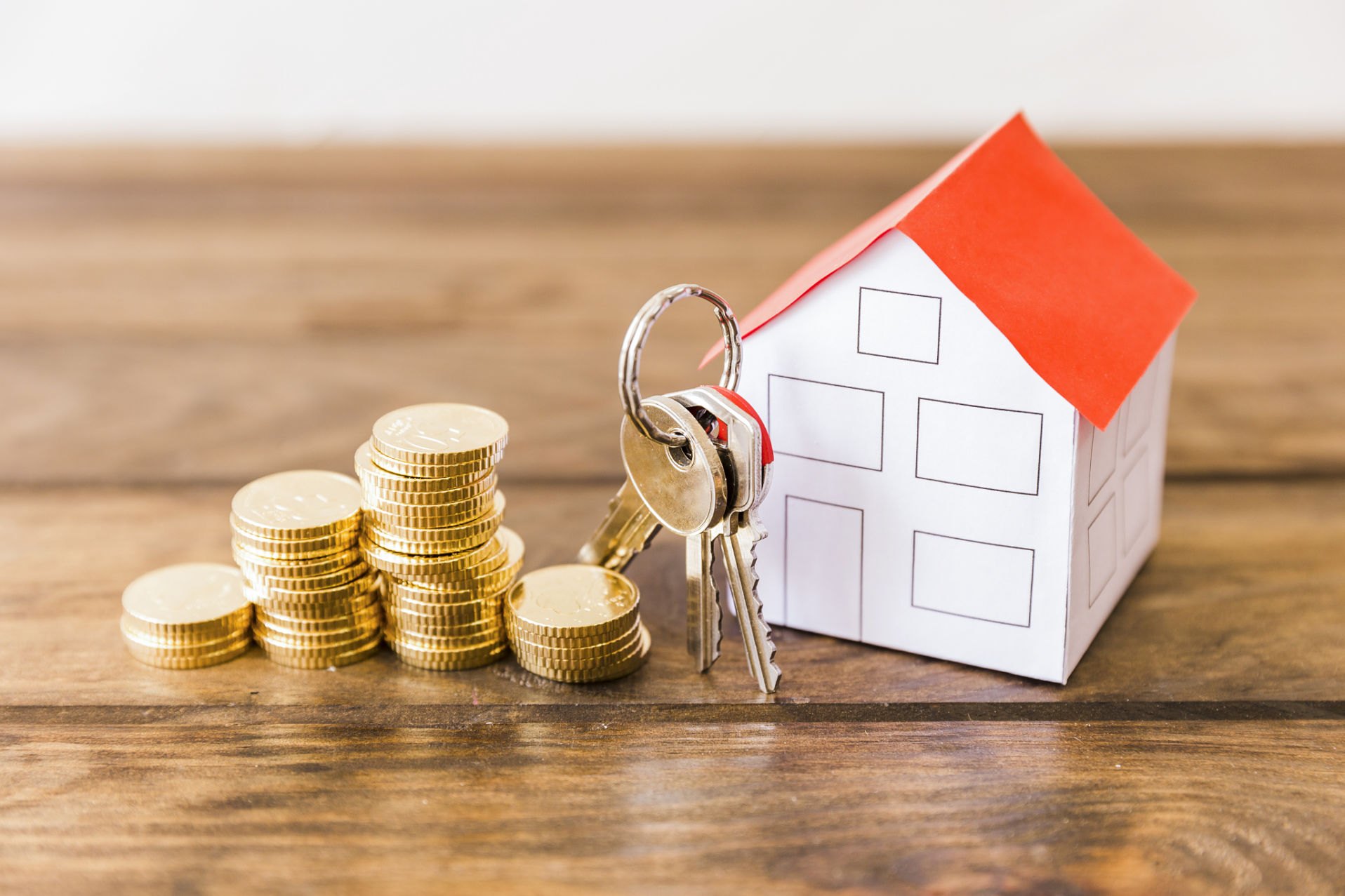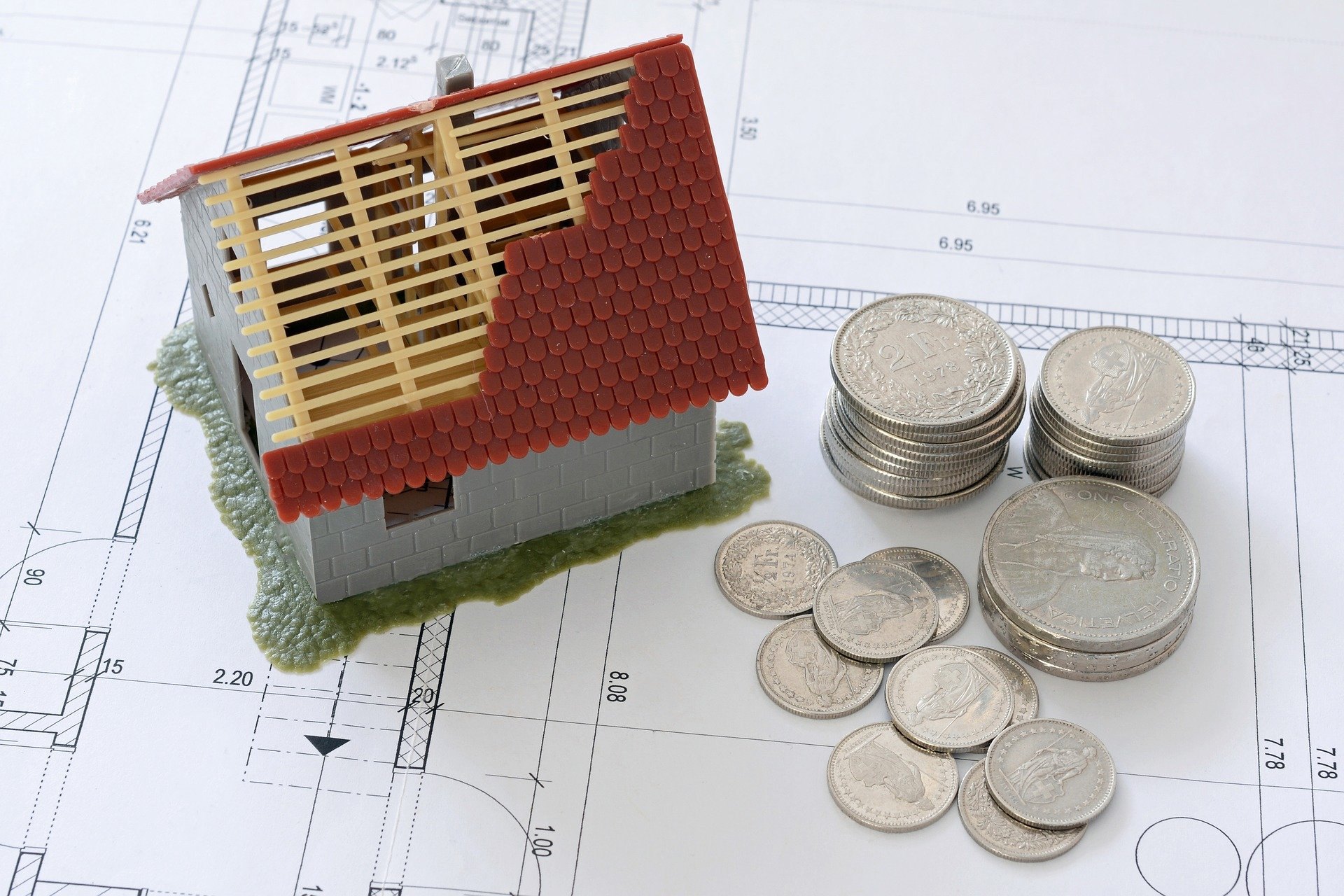
Sell or Rent?
Sell or rent? This is the frequent question that those of us who work in the real estate market face, since many times we find ourselves in the need to guide our clients.
Owning a house that is not your main home can be a significant source of income, but for this you will have to make the decision to rent or sell it. However, this is where the dilemma arises, since it is difficult to know what is best.
Whenever something is sold, a profit is made. If it is a house, we are talking about a considerable profit, which could be, in the beginning, the main reason for the sale. However, if a rental is considered, it also leads to a gradual gain, which in the long run will compensate for the decision not to sell.
Both situations can be profitable and maybe they suit you or not, since it all depends on what really interests you. To help you make the right decision, we want to share with you the advantages and disadvantages that in both cases you can consider.
Advantages of selling
First, we give you these benefits, which are quite striking:
- You obtain a capital that allows you to invest in a new home or in a business, or pay off debts, or have savings among other options.
- You receive a considerable economic benefit, as your property will have appreciated.
- The property may have become problems and worries, so if you sell it, these may disappear and you will have money and time to focus on a new project.
- If the area where the house is located is devaluated, it may be the right time to sell and get a good sum of money. It may be impossible to sell it later.
- You save maintenance costs, because if you do not live there and it is not rented, you also have to make sure that it is in good condition and that the services are up to date.
- Once the house is sold, you are released from the tax obligations and required declarations.
Disadvantages of selling
It is the turn of the cons, let's see what they are:
- By selling your house you decrease your real estate assets and, consequently, you lose the opportunity for it to revalue every year.
- The money you get from the sale of your house is considered a capital gain, so you will have to pay the taxes provided by the tax administration. Our recommendation is that you are well informed about it, since the higher the profit, the higher the tax.
- You detract from the inheritance that you can leave to your family.
- If you take on the whole sale process it will not be easy, because you will have to dedicate a lot of time, money and effort to the required activities (research the market, value your home, assign a price, fix the documentation, contact future buyers, condition the house, prepare the offer and promote it, find someone who prepares the contract and all the required procedures).
- A second home is always a guarantee of security against the setbacks of life, so it may be that, when you need it, you no longer have it at your disposal.

Advantages of renting
Let's now analyze the positive part of renting:
- You keep a property that day by day is revalued according to the behavior of the real estate market.
- It is quite profitable, since you receive a fixed monthly income that can be very useful and beneficial.
- You preserve a family heritage that can be inherited by your children.
- You can hire a real estate agency that takes care of all the pertinent procedures and makes the most of it according to the movement of the real estate market.
- Your property will always be an opportunity in the face of unforeseen situations that require high economic resources.
Disadvantages of renting
Although renting gives us good benefits, we should not overlook the unfavorable as well:
- Renting always involves a risk, because you do not know what future problems may arise or to what extent the tenants are willing to comply with the rules stipulated in the contract.
- You will not stop worrying about the property, since you will have to be aware that they give it a proper use and do not cause damage that threatens the value of the property.
- As the owner, you are still responsible for certain repairs and expenses, so you have to make sure that this is very well defined in the rental agreement.
- You are obliged to comply with the tax requirements and the corresponding income statements. This will always occupy your time and attention.
- You will have to ensure that the terms of the contract are fulfilled, because, in the case of delinquency, it will be necessary to take the corresponding legal actions, which may involve a long and expensive process.
- You will have to spend time gettin to know the real estate market, since it is important that you are up to date with the rents in the area where the property is located.
Final thoughts
After having read the advantages and disadvantages raised, it is likely that you have realized that the decision to sell or rent cannot be sharp and cold, as is often made due to the pressure of those involved. This should be the result of a process of evaluating the pros and cons that we propose to you.
Although both options raise situations and aspects that may incline you to one side or the other, the most appropriate decision will be the one you make considering your particular motivations and expectations, since only you know what is best for you and what you want for yourself and for your family.
Part of the fact that neither option (sell or rent) is better than the other. Simply, both present you with an opportunity to act in a real estate market that can solve a situation that you are considering.
Finally, take into account that the real estate market is a world of possibilities that you have to know how to take advantage of if you have properties that you can sell or rent. Therefore, do not miss the opportunity to make the best decision.